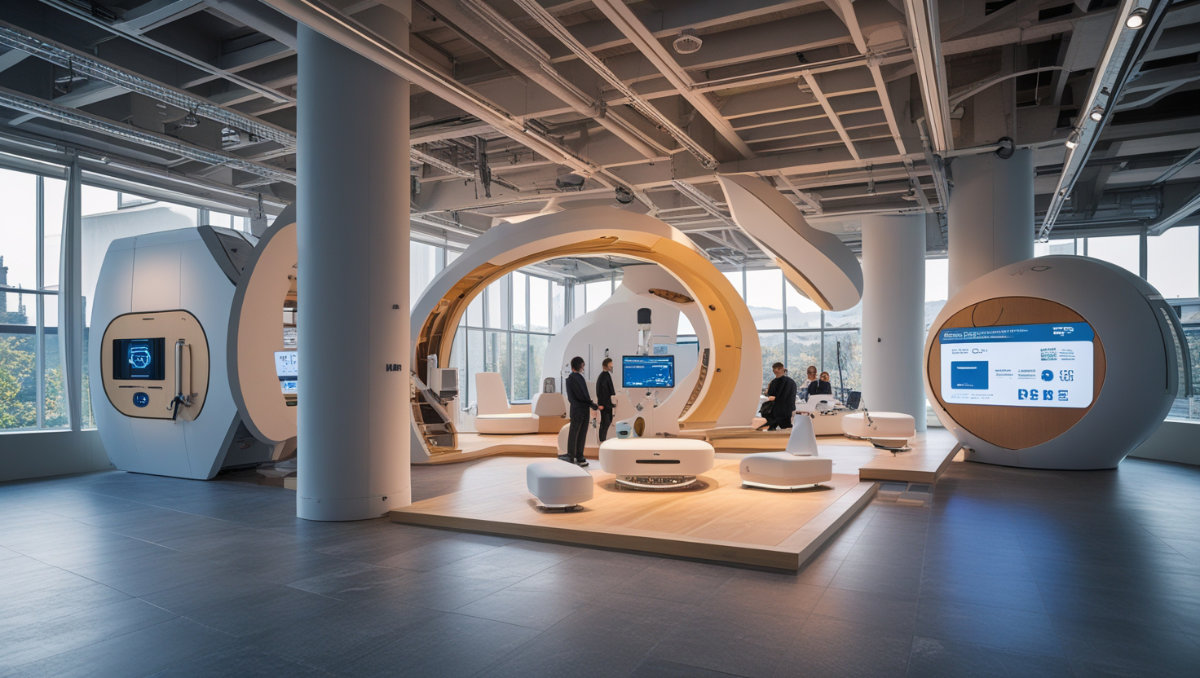Raise
Raise project The RAISE (Robotics and AI for Socio-economic Empowerment) project is an innovation ecosystem that aims to develop advanced technological solutions based on robotics and artificial intelligence (AI) to promote socio-economic progress and improve the quality of life in urban and industrial communities.
Raise project
The RAISE (Robotics and AI for Socio-economic Empowerment) project is an innovation ecosystem that aims to develop advanced technological solutions based on robotics and artificial intelligence (AI) to promote socio-economic progress and improve the quality of life in urban and industrial communities.
RAISE is promoted by the University of Genoa (UNIGE), the National Research Council (CNR), and the Italian Institute of Technology (IIT), with the support of academic institutions, research entities, and companies, and is financed by the National Recovery and Resilience Plan (PNRR) as part of initiatives for digital transition and sustainable growth.
The initiative is designed to foster technology transfer and strengthen the competitiveness of the national production system, providing businesses and public administrations with innovative tools to optimize services, reduce environmental impact, and improve the quality of life. RAISE‘s approach is based on collaboration between the public and private sectors, creating synergies between the research world and the industrial one, with a view to sustainable and inclusive development.
Through a Hub & Spoke governance model, RAISE is structured in a central Hub, which coordinates the entire ecosystem and ensures strategic coherence, and five thematic Spokes, dedicated to specific areas of innovation, which operate in close synergy to promote technological progress in key sectors of society and the economy.
RAISE‘s main areas of intervention focus on:
- Health and Well-being: The development of robotic and artificial intelligence solutions for health and healthcare, telemedicine, rehabilitation, and personalized patient management.
- Environmental Sustainability and Circular Economy: The creation of technologies to optimize the management of natural resources, reduce waste, and minimize environmental impact in industrial and urban sectors.
- Smart Ports and Advanced Logistics: The introduction of robotic and artificial intelligence systems to improve the efficiency of port infrastructure and the logistics chain, reducing handling times and optimizing the flow of goods and people.
- Smart Cities and Social Inclusion: The design and development of innovative technologies to make cities more accessible, efficient, and interactive, improving the quality of life and the perceived sense of well-being among citizens.
- Industry 4.0 and Advanced Manufacturing: The digital transformation of production processes through automation, collaborative robotics, and intelligent systems for managing the factories of the future.
RAISE is configured as a strategic initiative for the promotion of technological innovation at national and international levels, strengthening Italy’s position in the fields of applied research and industrial digitization. The ecosystem involves a vast network of universities, research centers, companies, and public institutions, creating a favorable environment for the experimentation and adoption of new technologies that can generate a positive and lasting impact on communities and the country’s productive fabric.

SPOKE 1 – Technologies for Smart City and Urban Wellness.
Spoke 1, within which the ARTECOM project is inserted, is dedicated to the development of technologies, devices and services for improving the usability of urban spaces and citizen well-being. The main objective is to demonstrate how robotics and artificial intelligence can contribute to the creation of intelligent, accessible and inclusive cities, capable of adapting to the needs of the population through interactive systems that are responsive to the context of use.
Spoke 1 focuses on:
- Improvement of urban services: Through the integration of advanced technologies that make public spaces more efficient and accessible.
- Development of solutions for social inclusion: Ensuring fair use of urban resources and promoting active community participation.
- Design of intelligent interactive systems: Utilizing sensors, artificial intelligence, and digital interfaces to enhance the urban experience.
- Creation of adaptive infrastructures: Capable of dynamically responding to citizens’ needs, optimizing services, and reducing access barriers.
Spoke 1 represents a strategic research area for the transformation of cities into connected and inclusive ecosystems, in which emerging technologies play a fundamental role in enhancing the territory and improving the quality of life.